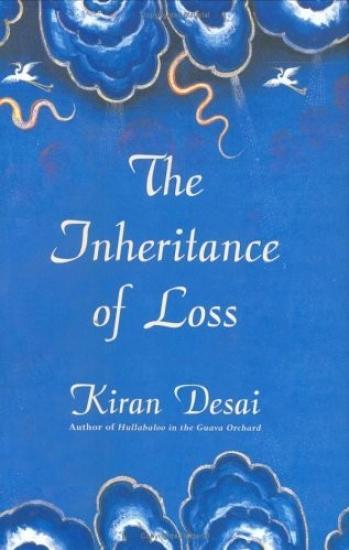
Summary:
Starred Review. This stunning second novel from Desai
(_Hullabaloo in the Guava Orchard_) is set in mid-1980s India,
on the cusp of the Nepalese movement for an independent state.
Jemubhai Popatlal, a retired Cambridge-educated judge, lives in
Kalimpong, at the foot of the Himalayas, with his orphaned
granddaughter, Sai, and his cook. The makeshift family's
neighbors include a coterie of Anglophiles who might be savvy
readers of V.S. Naipaul but who are, perhaps, less aware of how
fragile their own social standing is—at least until a
surge of unrest disturbs the region. Jemubhai, with his hunting
rifles and English biscuits, becomes an obvious target. Besides
threatening their very lives, the revolution also stymies the
fledgling romance between 16-year-old Sai and her Nepalese
tutor, Gyan. The cook's son, Biju, meanwhile, lives miserably
as an illegal alien in New York. All of these characters
struggle with their cultural identity and the forces of
modernization while trying to maintain their emotional
connection to one another. In this alternately comical and
contemplative novel, Desai deftly shuttles between first and
third worlds, illuminating the pain of exile, the ambiguities
of post-colonialism and the blinding desire for a "better
life," when one person's wealth means another's poverty.
Desai's second novel is set in the nineteen-eighties in the
northeast corner of India, where the borders of several
Himalayan states—Bhutan and Sikkim, Nepal and
Tibet—meet. At the head of the novel's teeming cast is
Jemubhai Patel, a Cambridge-educated judge who has retired from
serving a country he finds "too messy for justice." He lives in
an isolated house with his cook, his orphaned
seventeen-year-old granddaughter, and a red setter, whose
company Jemubhai prefers to that of human beings. The
tranquillity of his existence is contrasted with the life of
the cook's son, working in grimy Manhattan restaurants, and
with his granddaughter's affair with a Nepali tutor involved in
an insurgency that irrevocably alters Jemubhai's life. Briskly
paced and sumptuously written, the novel ponders questions of
nationhood, modernity, and class, in ways both moving and
revelatory.
From Publishers Weekly
Copyright © Reed Business Information, a division of Reed
Elsevier Inc. All rights reserved.From
Copyright © 2006